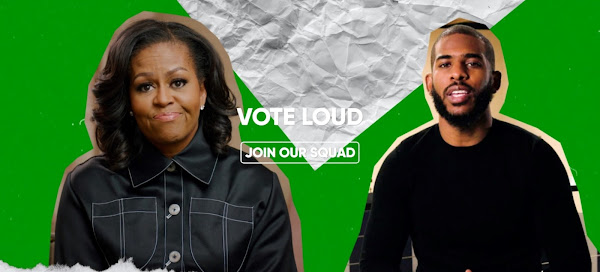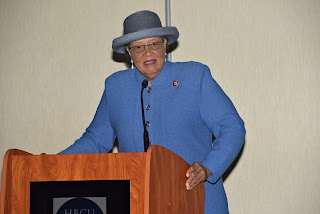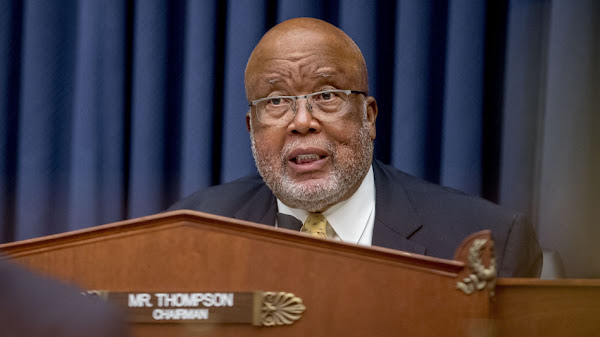
Tuskegee University’s Department of Architecture has received an unparalleled contribution of $100,000 from the Cooper Carry Charitable Foundation, Inc. The gift will be used to increase access to the architecture profession for African American students.
The foundation is the charitable wing of the Cooper Carry architectural firm, located in Atlanta, New York, and Washington, D.C.
Eighty thousand dollars of the gift will be used to establish new need-based scholarships for undergraduate students. Twenty thousand of the gift is designated for a student technology scholarship that will allow students to receive technology assistance by providing laptops and/or architecture design software – as Tuskegee has transitioned to remote instruction.
“Cooper Carry has a long history of supporting schools of architecture. We have an active mentoring program, offer internships, and have endowed scholarships to support the growth and development of future leaders in architecture,” explained Cooper Carry President and CEO Kevin Cantley. “We knew Tuskegee University would be the place to develop a new and meaningful partnership – and we believe it’s important to be part of actively developing diverse voices in design and architecture.”
“The leadership in the Robert R. Taylor School of Architecture and Construction Science has supported our concept of nurturing the growth of talented young people for over two years,” Cantley further explained. “We have great respect for Tuskegee University and have hired several recent Tuskegee alumni on our team of professionals.”
Of the approximately 100,000 licensed architects in the United States, only two percent are African American – a statistic that has not changed significantly since the 1960s. The American Institute of Architect’s Large Firm Roundtable, of which Cooper Carry is a member, is an organization of 60 of the nation’s largest design firms. The roundtable firms have committed to hiring more African Americans, with an emphasis on recruitment from HBCU programs.
“Tuskegee is one of only seven accredited architecture degree programs, which collectively account for approximately half of all African American graduates in architecture. This gift will enhance student academic success and increase our commitment to the students by making sure they are prepared when they go out into the workforce as future architects,” noted Dr. Carla Jackson Bell, interim provost and vice president for academic affairs and former dean of the school.
“Tuskegee is proud to have the distinction of having the largest percentage of licensed architects than any other architecture program in the southeast. Our students have incredible potential and through this partnership with Cooper Carry, we will be able to not only attract more students to our program, but we’ll be able to keep our current students in the program, and on track to graduate,” said Roderick Fluker, associate professor of Architecture and interim dean for the school.
About Cooper Carry
Cooper Carry provides architecture, planning, landscape architecture, interior design, environmental graphic design, branding, and sustainability consulting services. Founded in 1960, the firm specializes in the design of education, government, hospitality, mixed-use, office, residential, restaurants, retail, senior living, science + technology, and transit projects. The firm has designed projects in 45 states and globally in the Caribbean, Middle East, Asia, Africa and Central America. Cooper Carry approaches its work as a collaborative ecosystem. Its multiple studios and services come together daily to provide each project the depth of knowledge needed to meet and exceed objectives.
Cooper Carry’s leaders are advocates and authorities for their specialties, empowered by decades of expertise to make decisions that prioritize placemaking, civic space, and the greater good of communities, tenants, residents and visitors. For more information, visit Cooper Carry’s website at coopercarry.com and follow the design firm on Facebook, Instagram, Twitter and LinkedIn.
© 2020, Tuskegee University



















